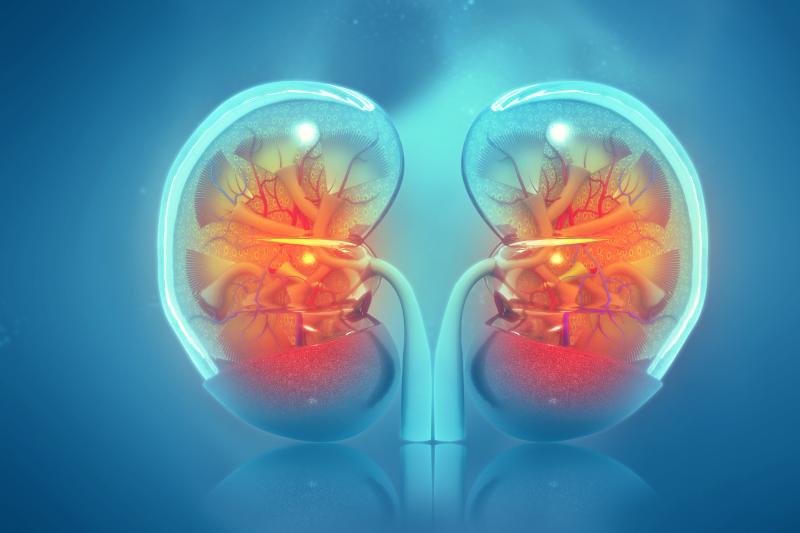
Age, reflux grade and the degree of renal parenchymal damage affect long-term prognosis in reflux nephropathy in children, a recent study has found.
The study included 51 children (mean age, 14.63±3.74 years; 72.5 percent male) who had undergone antireflux surgery 10 years prior. Clinical information retrieved included estimated glomerular filtration rate (eGFR), urinary protein, serum creatinine and blood pressure.
Thirty-eight patients had available measurements for serum creatinine. Sixteen (42.1 percent) had abnormal levels preoperatively and 17 (44.7 percent) had abnormal measurements after the procedure. Four patients transitioned from normal to abnormal readings, while three showed the opposite trend.
The pre-to-postsurgery change in trend was clearer with urinary protein. From only five patients (11.1 percent) before the procedure, the number of participants with proteinuria jumped to 12 (26.7 percent) after surgery.
Precise calculation of postoperative eGFR was possible in 40 participants, in whom the mean value was 90.27±20.42 mL/min/1.73 m2. Twenty patients tested positive for chronic kidney disease (CKD), five of whom had grade 3a disease.
Multiple regression analysis was then performed to identify preoperative predictors of postoperative prognosis. Older age (p=0.0021), a reflux grade ≥8 (p=0.0134) and a high degree of renal parenchymal damage (p<0.0001) were all significantly predictive of eGFR after the procedure.
“In this study, the baseline age, reflux grade and degree of renal parenchymal damage were found to be critical factors that predicted the long-term prognosis after antireflux surgery,” researchers said.